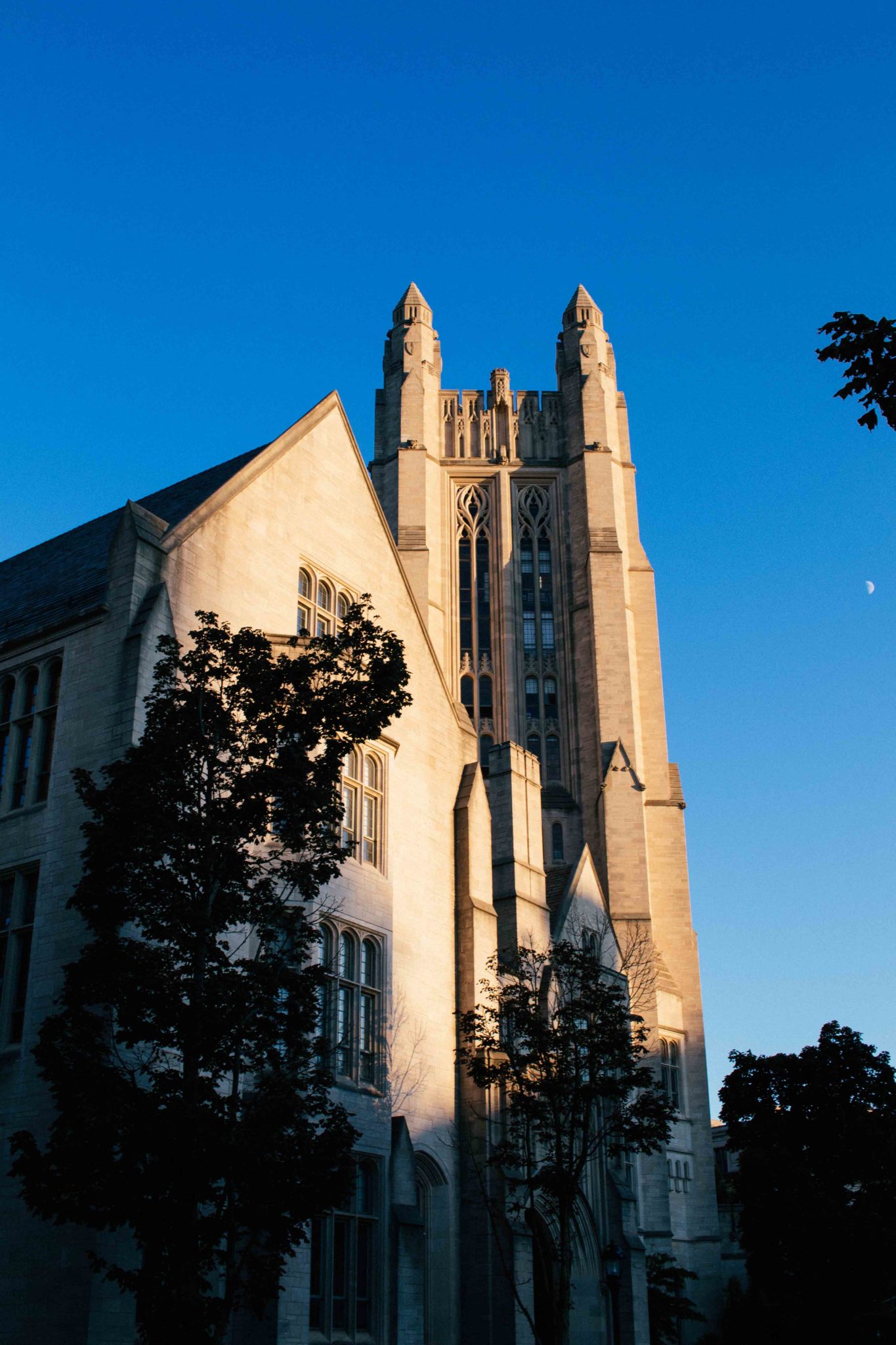
Amid growing concerns about Yale’s lack of institutional mechanisms to address cases of race-based discrimination, the University launched a review of internal procedures, looking at the process such complaints go through for investigation and adjudication.
The review comes months after the University made national headlines in May, when a white Yale student Sarah Braasch GRD ’20, called the police on black student Lolade Siyonbola GRD ’19 for napping in the Hall of Graduate Studies common room. Following the incident, establishing a dedicated Title VI office was the first recommendation black graduate students and their allies made in their open letter to the University administration. While the University ruled out the possibility of instituting a separate office to address Title VI complaints, it created a new website called “Belonging at Yale” that outlines policies, reports, initiatives and resources that address diversity and inclusion at Yale. Title VI is a federal law that prohibits discrimination based on race, ethnicity, color and national origin at educational institutions.
The review is jointly led by Yale’s Associate Vice President for Human Resources Donna Cable and Vice President for the Office for Institutional Equity at Duke University Benjamin D. Reese Jr. In an email to the News, University Secretary and Vice President for Student Life Kimberly Goff-Crews said that the review will assess the effectiveness of the existing infrastructure that supports institutional responses to discrimination and harassment. That infrastructure includes the Office for Equal Opportunity Programs — the entity that has overseen Yale’s compliance with Title VI and other federal and state discrimination laws since 1980.
“The review team will ask questions about how well our policies, procedures, and institutional structures are responding to student concerns about discrimination and harassment, and what adjustments might be made to enhance our ability to support all members of the Yale community,” Goff-Crews told the News.
A licensed clinical psychologist and a university administrator, Reese supervises “diversity, inclusion, affirmative action/equal opportunity activities and harassment/discrimination prevention” at Duke. In an interview with the News, Goff-Crews said Reese was “best fit” as the third party investigator of the University’s current infrastructure because he has “worked as a consultant for educational institutions for over 40 years.”
According to the University website, on Oct. 30 and Nov. 5, Reese will meet with deans, faculty members, administrators and staff who work with students on discrimination and harassment concerns. Reese will also consult the Student Advisory Group on Diversity, Equity and Inclusion — a newly formed group of students that provides feedback and advice to Goff-Crews on student concerns and initiatives to create a more inclusive campus. Goff-Crews noted that these meetings are conducted off-the-record so that she and the members may “speak freely about difficult issues” and “trust each other.” Three members of the Advisory Group declined to comment for this story.
Goff-Crews said that Reese’s review will conclude this December. After discussing the results of the review, the University will implement some of its recommendations by next summer, Goff-Crews added. She noted that her office will “proceed slowly and thoughtfully” with the review and the implementation of its recommendations, rather than “rushing for the sake of being quick.”
Reese, Cable and Director of the Office of Equal Opportunity Programs Valarie Stanley did not respond to multiple requests for comment.
Six students interviewed by the News — many of whom had drafted the May letter to the University — said that although Yale has instituted some new initiatives to prevent race-based discrimination and harassment, the University still does not have sufficient infrastructure to hold the perpetrators accountable. This past summer, Yale Police Department officers participated in training focused on implicit bias and de-escalation techniques. The University also tasked Lorenzo Boyd, an expert in police-community relations, with investigating the role of the Yale Police in the HGS incident, as well as more general issues surrounding race and policing on campus.
“I want to suggest that there be clear messaging from the administration here at Yale that articulates clear consequences for those who feel empowered to subjugate and harass minoritized groups on campus based on their racial identity, since there is no real consideration for a Title VI Office,” said Reneson Jean-Louis GRD ’19, a signatory of the May letter. “Those who take it upon themselves to become aggressors must believe that there are real consequences for their very real and felt actions.”
Alexia Williams GRD ’19, another signatory of the May letter, said that harassment requires public accountability and “should not be dealt with by the deans in a private way.” Williams added that the University needs clearly articulated and centralized policies for handling discrimination. She said that these policies should include the definition of racial harassment and should outline the repercussions for such behaviors.
However, in a interview with the News, Goff-Crews said more students seek “informal resolution” instead of pursuing a formal process. “Informal resolution” includes asking administrators to facilitate a conversation or counsel the respondent of the complaint.
“The language of accountability is a difficult one because very few of these cases get up to the official level of discrimination,” Assistant Secretary for Student Life Andrew Forsyth said. “A lot of it involves misunderstanding or bad comment, not things that entail the legal definition of discrimination.”
In past years, none of the other Ivy league universities have conducted similar reviews.
Serena Cho | serena.cho@yale.edu







